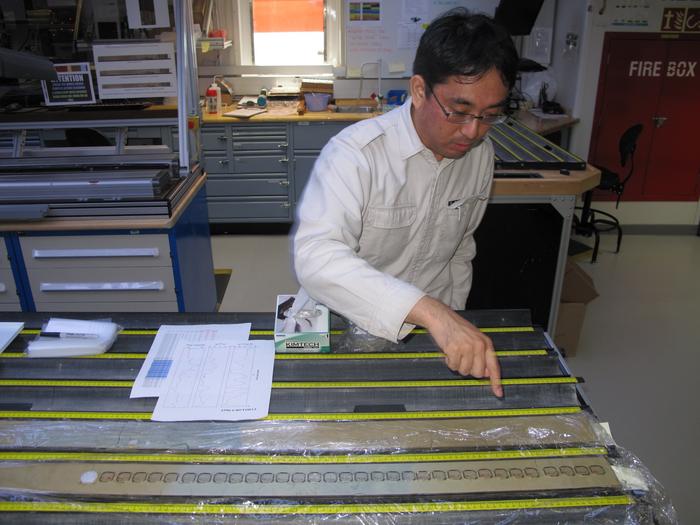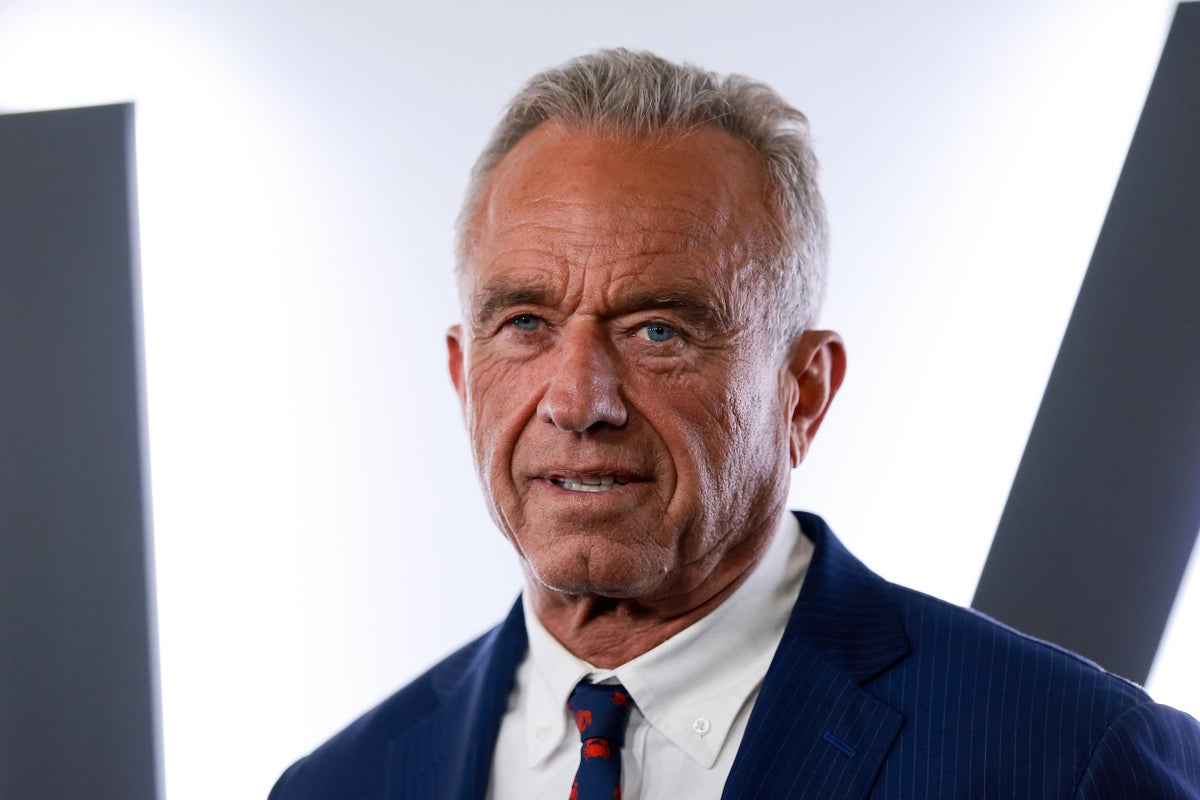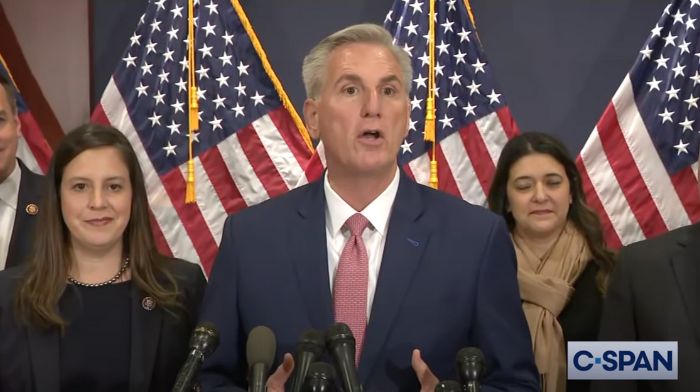
Each year, millions of students enroll at their local community college with the goal of starting their post-secondary education out right—by saving money, taking fewer intense courses, and exploring career options. After two years, most plan to either transfer to a bachelor’s degree program or jumpstart their new career.
On paper, this all sounds like a great deal. But in practice, this is far from reality for many students.
Fewer than 40% of those who enroll in community college graduate. And an even smaller percentage of students go on to complete a bachelor’s degree.
Tade Oyerinde, a 29-year-old entrepreneur, is trying to change this cycle. He wants to end stigmas associated with community college and make it affordable and flexible for students of all life circumstances through Campus—what he’s calling the debt-free “community college for the future.”
Campus is an accredited community college that allows students to take online synchronous classes taught by professors at top universities across the country, including Vanderbilt, Princeton, and NYU.
Oyerinde’s drive and charisma has attracted the attention of household names like OpenAI’s Sam Altman, Discord’s Jason Citron, and even Bloomberg Beta. In total, investors have committed more than $29 million.
Campus’s latest investor, Shaquille O’Neal, is hoping he can be “The Portal”—by delivering the message to students that a world-class community college education is feasible through Campus.
“I heard Jeff Bezos say, if you invest in things that’s going to change people’s lives, you’ll always get a great return on your investment,” O’Neal tells Fortune in an interview. “But this particular investment is not about great return because I feel that everyone should have access to world-class education.”
From aspiring pilot to Campus chancellor
Growing up, Oyerinde was homeschooled, which he says opened his eyes to online learning at a very young age.
Although his initial aspirations were to become a pilot and study aerospace engineering, his interests turned toward entrepreneurship. In 2016, he founded Campuswire—which he described as “Discord for education,” and today it is being used in classrooms around the country, like at Purdue and the University of Illinois. But through this work, Oyerinde became aware of how little adjunct professors make at many institutes, including top ones.
A report by the American Federation of Teachers released in 2022 found that nearly a quarter of adjunct professor respondents reported earning less than $25,000 annually, with only 20% feeling they were able to comfortably cover basic monthly expenses.
Some professors, Oyerinde learned, were pulling double duty at top-name universities and community colleges to make ends meet. This is also in part what inspired him to establish Campus.
In 2022, the company acquired California community college MTI College, using it to jumpstart Campus’s nationwide online reach. Today, there are about 726 students currently enrolled in Campus. Students at Campus are provided with a free laptop and internet access and are assigned a success coach (with only a 1:50 ratio). The associate degree programs currently offered include business administration, paralegal studies, and AWS cloud administration.
And adjunct professors are paid $8,000 for each class they teach, which Oyerinde says is around double the national average.
The Campus graduation rate so far is 61%—close to double the national community college average. But, that still leaves a number of students who do not complete the program.
“This is the number one thing that keeps me at night,” he says. “When students leave, why are they not completing?”
Ultimately, he hopes Campus can facilitate a place where students realize a post-secondary education will open more doors in their life, and that community college is not something to look down upon.
And despite O’Neal initially being shocked by Oyerinde’s age, he was most impressed by his intelligence, focus, and passion.
“He’s gonna be Kobe and I’m gonna be Shaq, and we are going to knock this thing out of the park,” O’Neal says.
Oyerinde serves as the chancellor of Campus, with MTI College’s president also remaining on the team. The company’s board of trustees consists of the leaders of some of former leaders of the largest community colleges in the U.S., including Miami Dade College, LaGuardia Community College, and Dallas College.
Helping break the community college stigma
One of those students is Josephine Lentner. She says the stigma around community college was real for her and is part of the reason why after high school, she chose to attend the University of Central Florida—a school, she says, ultimately her family could not afford, which forced her to drop out.
A few years later, she felt it was nearly fate that she stumbled upon Campus through social media since she was a new content creator herself. At first, she thought the program sounded too good to be true—free laptop, free Internet, top-notch professors, and everything online. But all the promises, she says, came to fruition, especially when a new MacBook Air arrived on her front porch.
Campus charges students $7,200 per academic year—below the Pell Grant maximum—which allows most students to attend with no out-of-pocket costs.
For the past two years, Lenter has been studying business administration and is set to graduate in April 2024. She also works as an operations intern for Campus.
“I felt as though the classes I take at Campus have been more rigorous than classes I took at UCF,” she says—adding that one of her favorite courses was taught by a Princeton professor.
Now, she’s hoping she can take what she’s learned and thrive in a bachelor’s program at schools like UPenn, UNC, or Miami.
“I’m applying to those schools because the education I got at campus makes me believe that I can survive in a top school’s program,” Lenter tells Fortune. And for the things that I want to do, I also understand that having a good degree behind my name would help me propel myself because I would love to work in beauty. So, that’s really my next goal.”
And now, with names like Shaq and Sam Altman attached to the company, Lenter says it provides extra credibility and legitimacy to Campus.
“I think the biggest thing is that you have to make sure that what you’re doing is you’re doing it 100% for yourself, and you’re not doing it because other people want you to do it, especially when it comes to your education,” she says.
Having that knowledge and drive is something O’Neal reiterated is crucial to people’s educational and career journeys.
“Higher education is very, very important,” he says. “You know, the more you know, the more you can accomplish.”


























































